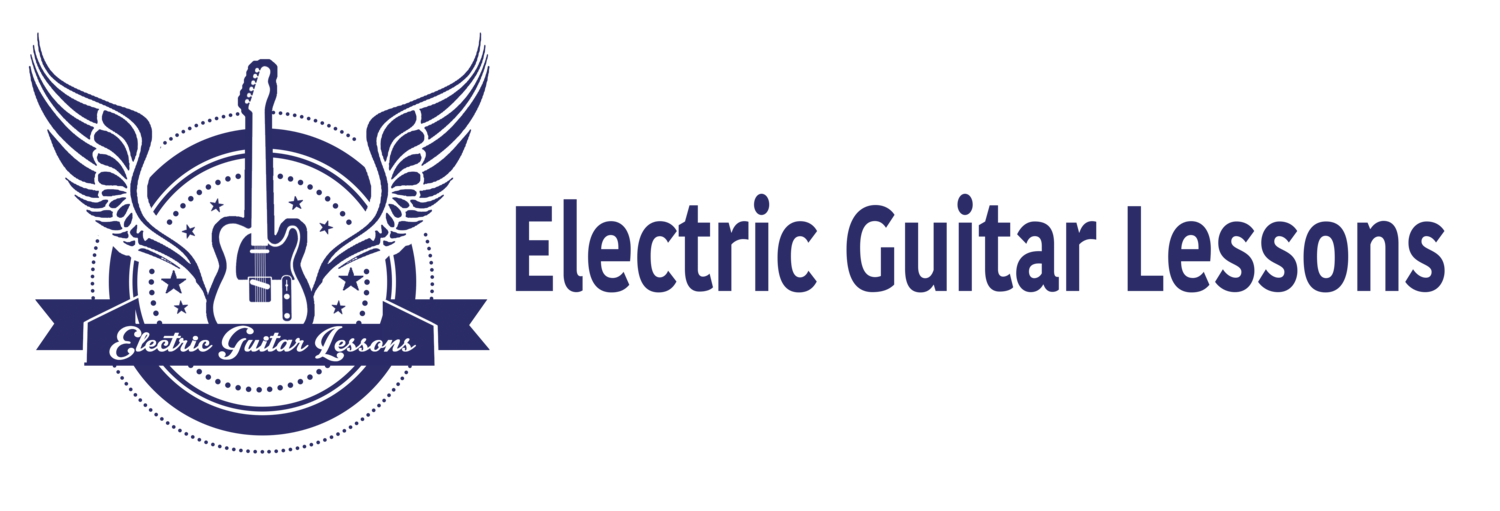How to use your mind to practice learning musical instruments more effectively
Have you ever wondered if the way you are practising your instrument is as effective as it could be? Have you been practising but you don’t seem to be getting anywhere, or, you are not as improving as fast as you would like?
Have you ever wondered why, if you take two people, teach them the same things and have them practice for the same amount of time, they will get two different results?
Those questions will apply to the majority of people learning a musical instrument, and today we are going to answer them for you!
So to start with, let’s think about two different people. James and Fred. Now, James and Fred both started learning how to play guitar at the same time. They both spent the same amount of time practising their guitar playing. They both took lessons with the same teacher. But, James is now at a much higher level than Fred, even though their path has been nearly identical. I’m sure that if you have friends that play guitar, you can think of real life examples of these people.
So what has made the difference?
How they practice.
Now how long they practice, but how they practice.
When Fred practices, he picks up his guitar and sits in front of the TV trying to get the hang of the new chord or scale that his teacher taught him.
When James practices, he has set aside time in the week to practice, and his playing is the only thing that he is focussing on.
Focus, is the key to the difference in results.
When Fred is practising in front of his TV, his mind is not focussed on his guitar playing. His mind is rapidly switching focus between a bit of guitar playing, a bit of TV, a bit of guitar playing, a bit of TV. His level of thought is restricted to a basic level because he doesn’t have the time to analyse what he is doing and to think about what he is doing.
Meanwhile, James has set aside a set amount of time where he will focus on his guitar practice. No TV, phone on airplane mode, no internet distractions. This means his mind has time to gather data from his senses about what he is doing. He can think about:
· What his hands are doing
· What his individual fingers are doing
· What his body is doing
· The sound of his playing
· If there are mistakes, what is causing them? Which hand is causing them? How can he fix them?
· Is the piece he is playing too loud, to quiet, are there random fluctuations in volume that he needs to address?
· Is the rhythm correct?
· Is there a better way to play what he is playing?
Playing a musical instrument is an incredible example of cause and effect. We do something with our body, to the instrument, to create a sound. If that sound is not what we want, then it must mean that we have done something incorrectly with our body. So we need to figure out what it is that our body has done wrong, and experiment with how we can do something different with our body, to create the sound that we desire.
Fred isn’t focussed so he can’t start to ask himself the questions he needs to.
James is completely focused on what he is doing, is collecting the data on what he is doing through his senses, and figuring out what needs to be done to create the sound that he wants to hear.
This is a vital part of what separates musicians that consistently improve from people that try to learn an instrument and don’t get very far.
If you want to learn more about learning a musical instrument, and specifically, about learning how to play guitar in West London, United Kingdom, then you can learn how to play guitar with West London School of Guitar
